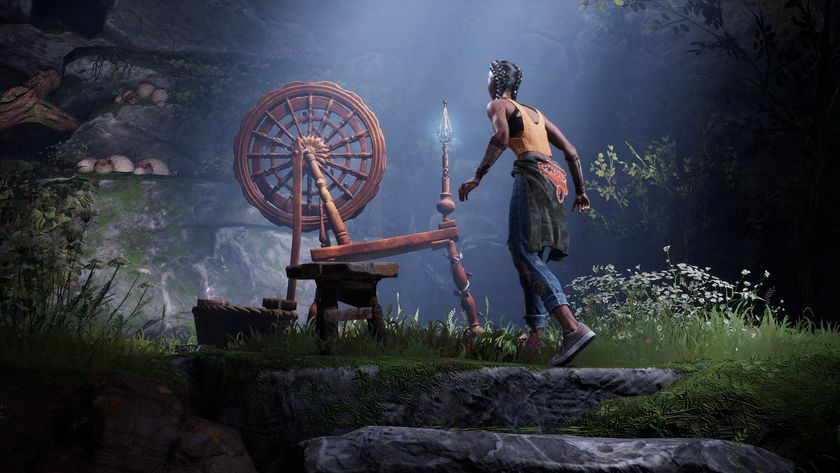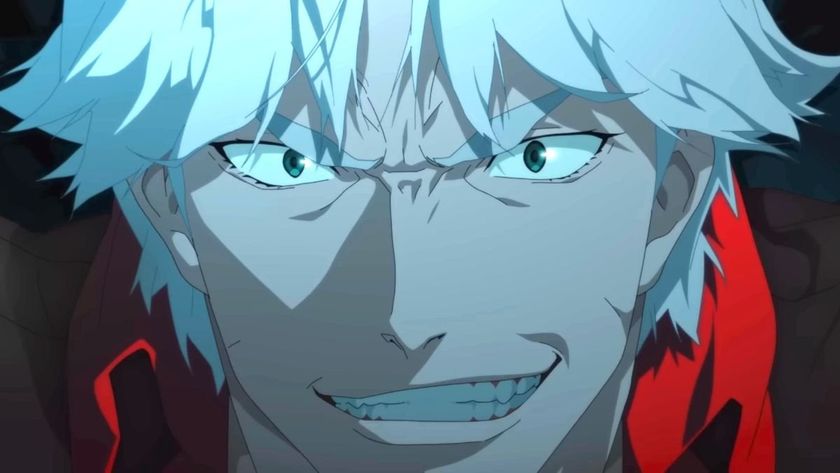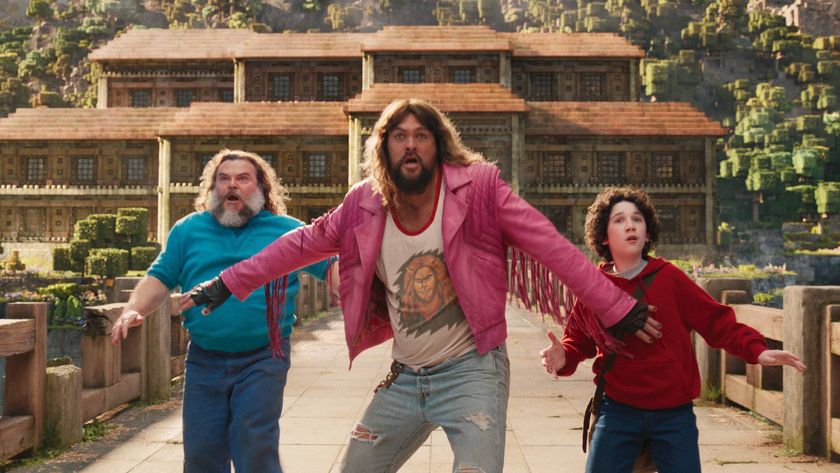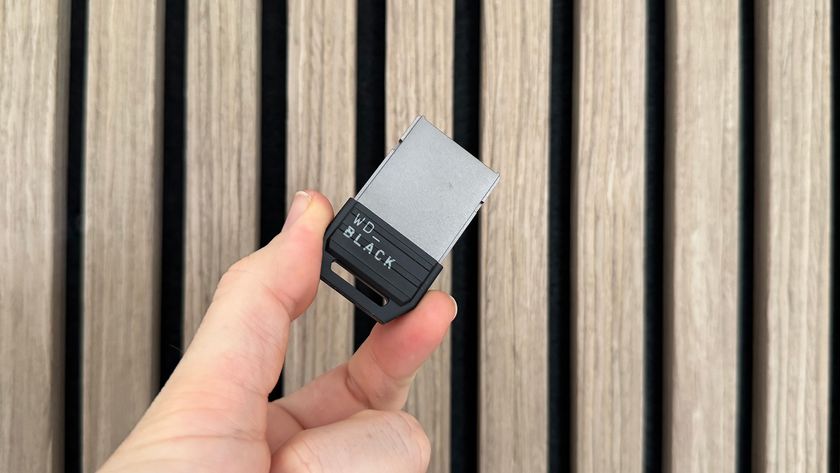Why you can trust 12DOVE
One step forward, a veritable cowboy line dance of steps back. Preacher has learned only some of the lessons it badly needs to learn as it barrels awkwardly toward its season finale. While last week’s episode was an absolute revelation, finally living up to the dank southern freak out reputation AMC has sold Preacher on, He Gone is a muddy crawl where not very much happens at all.
Episode seven spends its time establishing history and shoring up the relationships between Jesse Custer, his violent and unstable ex Tulip O’Hare, and Cassidy the vampire who’s hanging around because he apparently doesn’t have anything better to do. All of this groundwork would be less frustrating if it had come earlier in the season, but the rock solid character work that is here still wouldn’t land because of one simple fact: Not only is Jesse Custer as unlikable as he’s been all season here, he’s turned out to be the villain of the show. Up to now, Preacher’s been following a jerk with too much power. Now he’s just a monster.
If you haven’t seen episode six or are just checking in on the series, stop reading and check out our previous reviews, because there’s no discussing He Gone without spoiling the series’ stand-out moment.
Last week, Jesse sent Eugene to hell. The boy with the Arseface, eternal whipping post for the town of Annville, knew the Preacher had done something to make the community like him again but didn’t know about Jesse’s very real power. Frustrated and increasingly obsessed with what he saw as acting out God’s own will, Jesse told Eugene to go to hell, and poof he vanished. The opening scenes of this week’s episode are absolutely haunting as Jesse stares at the spot in his church where this dumb, sweet kid who tried to kill himself vanished into thin air. As with every episode, Dominic Cooper plays Jesse as a dead-eyed cipher, half power-crazed religious zealot and half indecisive milquetoast who can inexplicably throw a punch when pushed too far. A blank Custer works here; it lets us wonder if he feels guilty or if he’s even more committed to doling out vengeance.
At first it seems like the show has given up on trying to make Jesse a character that we like and sympathize with - or at least love to hate - by transforming him into a malevolent and unknowable force. It seems like Genesis, the angels, or the other things going bump in the Texan night are all secondary to the destructive menace that is Jesse Custer. That the camera pans back to see Cassidy staring down, bearing witness to the whole tragic banishment of Eugene, seems to confirm it.
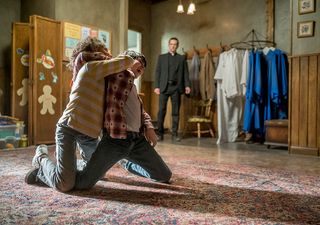
Only Preacher drops the balls hard afterward. While it doesn’t totally fall back on the miserable, scattershot pacing of the first five episodes and keeps its perspective locked on Jesse and those closest to him in the fallout of Eugene, the episode also tries to force Custer as a sympathetic figure when he’s anything but. After the church service lets out and we’re treated to an inexplicable scene of Odin Quincannon sipping whisky in his office, we slip into the first of many flashbacks to the past that finally detail both Jesse’s tragic relationship with his reverend father as well as Tulip. Throughout these scenes we see Jesse and Tulip as adolescents, constantly getting into fights with other kids and perpetually defending one another. Jesse’s dad even takes Tulip in since she has no one to take care of her. As the episode goes on, Jesse’s dad eventually places Tulip into foster care saying that “she’s an O’Hare,” and thus no good. Jesse in turn wishes for his dad to die. Both father and son come out bad here with plenty to atone for.
Tulip’s devotion to Half-Beard McDickhead, something that should have been better established half a season ago, is finally grounded in these sequences. Why Tulip’s been sticking around, why she vacillates between calculating criminal badass, dangerous lunatic, and weary but decent soul, is finally revealed. He Gone does the same legwork for Cassidy. He tries multiple times to reach out to Jesse, desperate to help him figure out a way to rescue Eugene. “We’re best mates,” Cassidy insists as Jesse tries to not look totally dead inside as he meets with Emily and other congregants after church. He’s said it multiple times throughout the season and it’s always rung hollow because they’ve shared so few meaningful experiences. It rings hollow at the start here too, until shortly after when Cassidy storms after Jesse to confront him not just about the fact that he’s banished an innocent to hell, but that he’s been blind to Cassidy’s own nature.
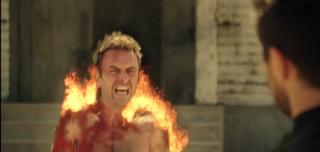
Yelling at Jesse, desperate for the preacher to act like a human being rather than a vicious, judgemental beast, Cassidy sits at the center of one of the shows three best scenes. After being castigated by Tulip for not telling Jesse that he’s a vampire and seeing Jesse flat out lie to Sheriff Root that he’s seen Eugene that day, Cassidy storms outside and slams Jesse in the face with a fire extinguisher before sitting him down to ask calmly, “What’s going on?” This is everything Preacher could and should be; funny, strange, a little violent, a little scary, but still truly warm. As Jesse tells Cassidy that Eugene was no innocent, that he’s just doing the will of the lord by sending him to hell and completely throwing away any responsibility he has for his choices, Cass forces his hand with an obvious but no less dramatic gesture to reveal his nature.
The pacing focus, the tethered character work drawing Cass and Tulip closer to Jesse, it all works great - except for once again the void that is Dominic Cooper’s Jesse Custer. Throughout all of this, even when he’s telling ever faithful companions like Emily that they’re stupid for believing in him, the show insists that Jesse Custer is a sympathetic character. Cassidy, Tulip, Emily, everyone remain devoted to this guy even though he’s flat out become a supervillain. As a result, it’s impossible to stay invested in Preacher at all. Why would we care about any of these people if they insist on liking someone who at no point has given us or them a reason to like him? For seven episodes, Cooper’s Custer has gone from put upon would-be tough guy to selfish nightmare person.
Even in the big reveal, in the moment where we see in painstaking detail why Jesse seems dead-set on taking up his father’s mantle as preacher in Annville, it doesn’t make any sense at all. Jesse is supposedly haunted by his father’s commands to be a good person, but his dad was apparently an awful, judgmental prick too. Were Preacher to commit one way or another, to making Jesse the monster he actually is or a likable person in need of redemption, it might be able to right itself. When this episode ends, though, with Odin Quincannon and his posse literally storming Jesse’s church to take it from him, it’s hard to know why you should care. They’re going to wipe him out? Good. Then maybe the decent characters on this show can get on with their lives.
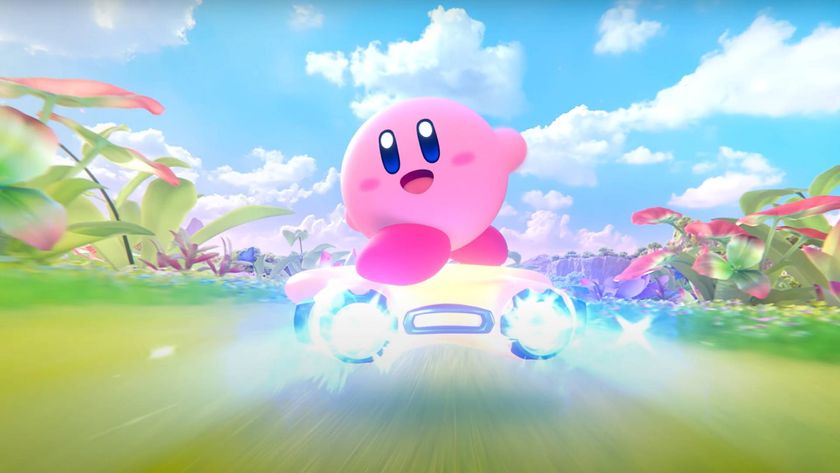
"I can promise my game will be significantly less than $80": Indie dev stunned by Kirby Air Riders Switch 2 reveal after working on their own Air Ride successor for months

Mario Kart World quietly fixes one of the series' longest-standing annoyances and I suspect I will get hit with 10% fewer red turtle shells because of it
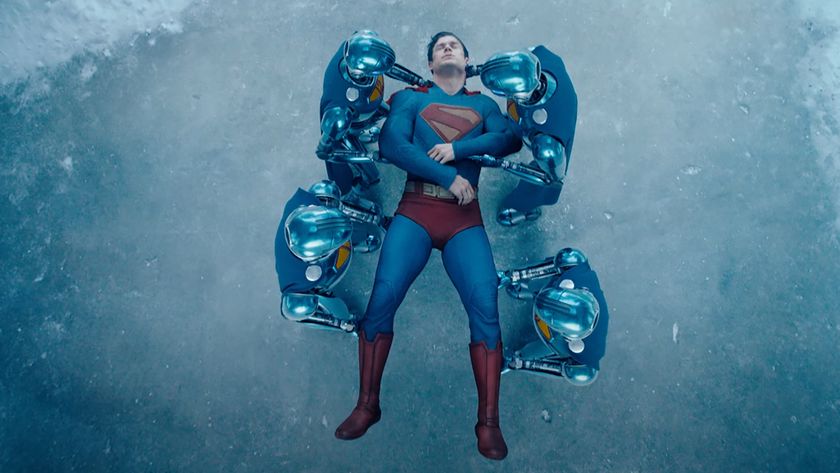
Superman goes full sci-fi in DC's epic CinemaCon footage, showcasing a bloodied Man of Steel rising again


